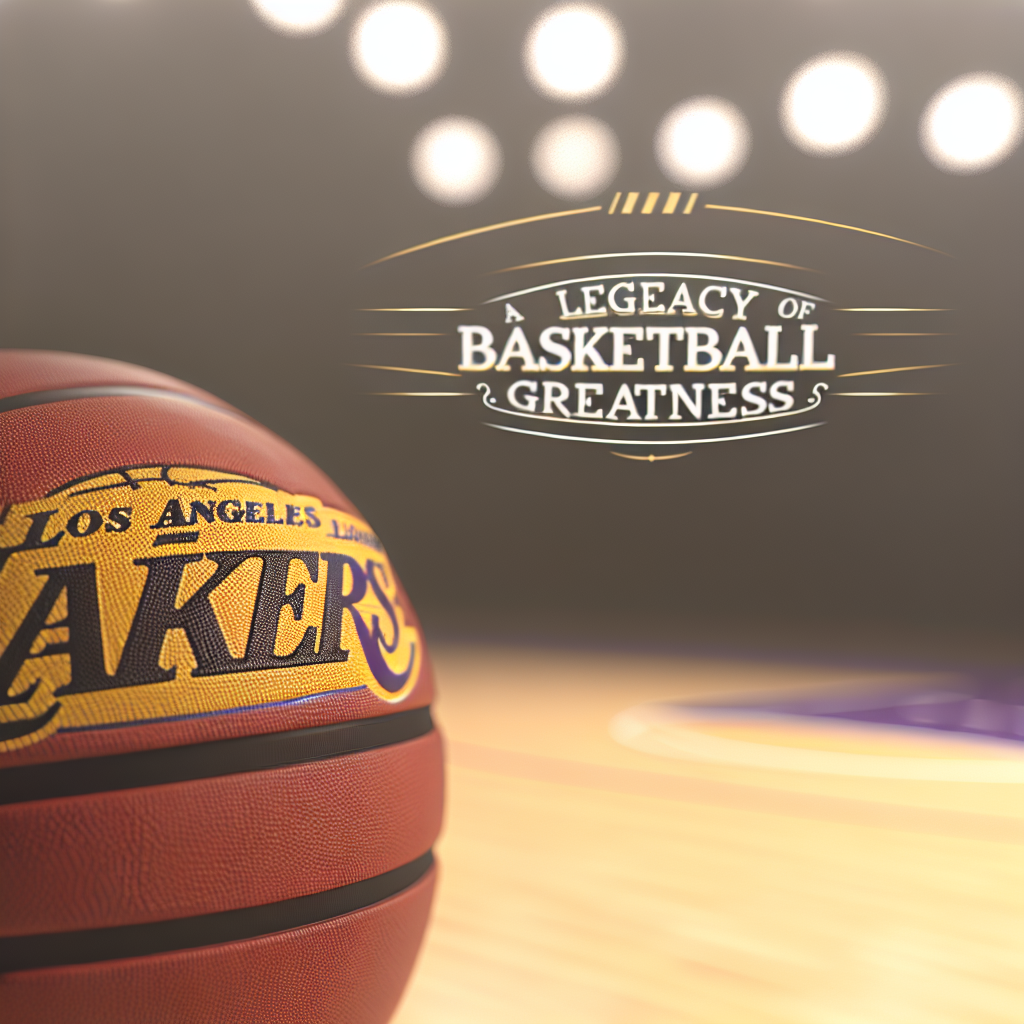
The Los Angeles Lakers stand as one of the most iconic franchises in NBA history, captivating fans with their storied legacy of championships, legendary players, and intense rivalries. This article delves into the team’s origins, pivotal eras of dominance, and their current standing in the league. From humble beginnings in Minneapolis to becoming a global basketball powerhouse in Los Angeles, we’ll explore what makes the Lakers a perennial force in professional basketball.
Origins and Early Success
The Los Angeles Lakers’ journey began far from the glitz of Hollywood, originating as the Detroit Gems in the National Basketball League (NBL) in 1946. After a single season, new ownership relocated the team to Minneapolis, Minnesota, renaming them the Minneapolis Lakers to honor the state’s “Land of 10,000 Lakes.” This move proved fortuitous, as the team quickly established dominance. In 1948, they clinched the NBL championship, showcasing early prowess with stars like George Mikan, often hailed as the NBA’s first superstar center.
Transitioning to the Basketball Association of America (BAA) in 1949, the Lakers won that league’s title before the NBL-BAA merger formed the modern NBA. Under Mikan’s leadership, they secured four of the next five NBA championships from 1950 to 1954, revolutionizing the game with innovative plays like the fast break and dominant interior presence. However, financial struggles in the late 1950s prompted a bold relocation to Los Angeles in 1960, aiming to tap into the city’s growing market and entertainment appeal. This shift not only saved the franchise but also set the stage for its transformation into a cultural phenomenon, blending sports with showbiz glamour.
Legendary Eras and Championship Dynasties
Building on their relocation, the Lakers entered a golden age in the 1960s, though marked by heartbreaking Finals losses to the Boston Celtics, igniting one of sports’ greatest rivalries. The acquisition of Wilt Chamberlain in 1968 finally broke through, leading to the 1972 championship under coach Bill Sharman. The 1980s “Showtime” era, spearheaded by Magic Johnson, Kareem Abdul-Jabbar, and coach Pat Riley, epitomized fast-paced, entertaining basketball, yielding five titles in nine years, including epic clashes with the Celtics.
The early 2000s saw another dynasty with Shaquille O’Neal and Kobe Bryant, guided by Phil Jackson, achieving a “three-peat” from 2000 to 2002. Bryant’s later partnerships, notably with Pau Gasol, added two more championships in 2009 and 2010. These eras weren’t just about wins; they featured:
- Innovative coaching strategies, like Jackson’s triangle offense, which emphasized teamwork and spacing.
- Iconic rivalries that boosted NBA popularity, such as Lakers vs. Celtics matchups drawing massive audiences.
- Player legacies, with 26 Hall of Famers donning the purple and gold, including record-breaking feats like the 1971-72 33-game winning streak.
These periods deepened the Lakers’ identity as innovators, turning games into spectacles that transcended sports.
Modern Challenges and Future Outlook
Following the retirement of legends like Bryant in 2016, the Lakers faced rebuilding pains, enduring their longest playoff drought. The tide turned with LeBron James’ arrival in 2018 and Anthony Davis’ trade in 2019, culminating in the 2020 championship amid the bubble playoffs, tying the Celtics for most titles at 17. Recent moves, like trading Davis for Luka Dončić in 2025, signal aggressive roster evolution.
Today, the Lakers navigate a competitive Western Conference from Crypto.com Arena, focusing on youth development and star power. Challenges include salary cap constraints and injury management, but their history of resilience suggests continued relevance. Fans anticipate how this blend of veteran savvy and emerging talent will forge the next chapter, potentially adding to their illustrious trophy case.
In summary, the Los Angeles Lakers’ evolution from Minneapolis origins to Los Angeles icons encompasses groundbreaking championships, superstar legacies, and enduring rivalries that have shaped the NBA. With 17 titles and a commitment to excellence, the franchise continues to inspire. As they adapt to modern challenges, the Lakers remain a beacon of basketball greatness, inviting fans to witness what promises to be an exciting future in the league.